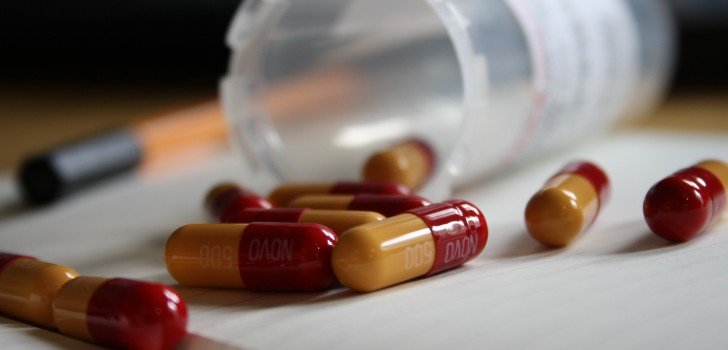The results for some clinical studies of antidepressant medications might not be very honest. Some reports are indicating that the results of certain studies may have been changed in order to fit the desired outcomes of pharmaceutical companies.
The news comes after last month, when investigators determined that the antidepressant drug known as Paxil was not safe for teenagers. This ruling was a contradiction from the original clinical study of Paxil that found that the medication was suitable for adolescents. The original clinical trial for Paxil took place in 2001.
The Paxil case is just one example of the pharmaceutical industry using its power to trump proven scientific research. New analyses suggest that most studies of antidepressants have some kind of link to the pharmaceutical industry as a whole. In most cases, negative or unwanted results are hidden or suppressed so that potentially dangerous drugs can be successful in the market.
According to a recent study on the issue, 185 analyses of antidepressant medications were evaluated, and one-third of these analyses were written by employees working in the pharmaceutical industry.
Having a stake in the results, it’s easy to imagine that many of these analyses were written in a way that was favorable to the pharmaceutical company involved.
Additionally, nearly 80% of the analyses had some sort of tie to the pharmaceutical industry, either through sponsorship for the company or by promoting a certain type of antidepressant drug to benefit pharmaceutical companies.
Experts were particularly concerned about the large amount of influence that the companies possessed, as they were often able to use their power to get away with manipulative practices for their own benefit.
The analyses that were reviewed evaluated drugs from virtually every big name pharmaceutical company. Some of the companies included GlaxoSmithKline, Eli Lilly and Co. and Pfizer, among others.
However, it wasn’t all bad, as nearly two-thirds of the papers were written by independent researchers, who were not tied to the pharmaceutical companies. Still, it’s possible that these independent researchers received funding from major pharmaceutical companies who wanted to achieve certain results.
When analyses were written by employees of pharmaceutical companies, they were 22 times less likely to contain negative statements about a drug. Obviously, they did not want to say anything damaging about their brand or a drug that they want to make money off of. Indeed, independent researchers were much more likely to take an unbiased approach.
Many experts believe that restricting pharmaceutical companies from producing and/or funding these analyses would be a good first step to help solve the issue of ethics. Analyses should only be written by independent researchers who are free of influence from the pharmaceutical industry.
However, money is obviously involved, and the pharmaceutical companies can pay the big bucks that researchers are sometimes willing to take just to look the other way.
Psychiatry Professor at the University of Oxford Andrea Cipriani is concerned by the findings. Although he was not involved in the study, Cipriani acknowledges that pharmaceutical companies are heavily manipulative in this regard.
Cipriani says, “We need to highlight that these analyses are more a marketing tool than a science.”
That being said, Cipriani doesn’t believe that the pharmaceutical industry should be completely cut out of the analysis process. Instead, he believes that the problem is a lack of transparency and disclosure.
According to Cipriani, academic journals need to do a better job of making sure that the conclusions provided in analyses are indeed accurate and contain all of the needed information, as well as the potential consequences associated with the drug in question.
In the Paxil case, the data was reported accurately, but the analysis downplayed the risk for suicidal behavior in teens.
Even then, academic journals can have their own conflicts of interest, particularly if they are funded by the scientists working for the pharmaceutical companies themselves.
Also, some academic journals have been known to partake in publication bias. That is, they are willing to let something slide if it means breaking and exciting news can come out of the industry. If they have an attractive and positive result that they can share with the world, the academic journals will attract more readers, and therefore more money.
What it all comes down to is that corruption is considerably widespread in the pharmaceutical industry. Pharmaceuticals will be able to get away with virtually anything if they have the money to pay necessary parties off.
Stay Connected